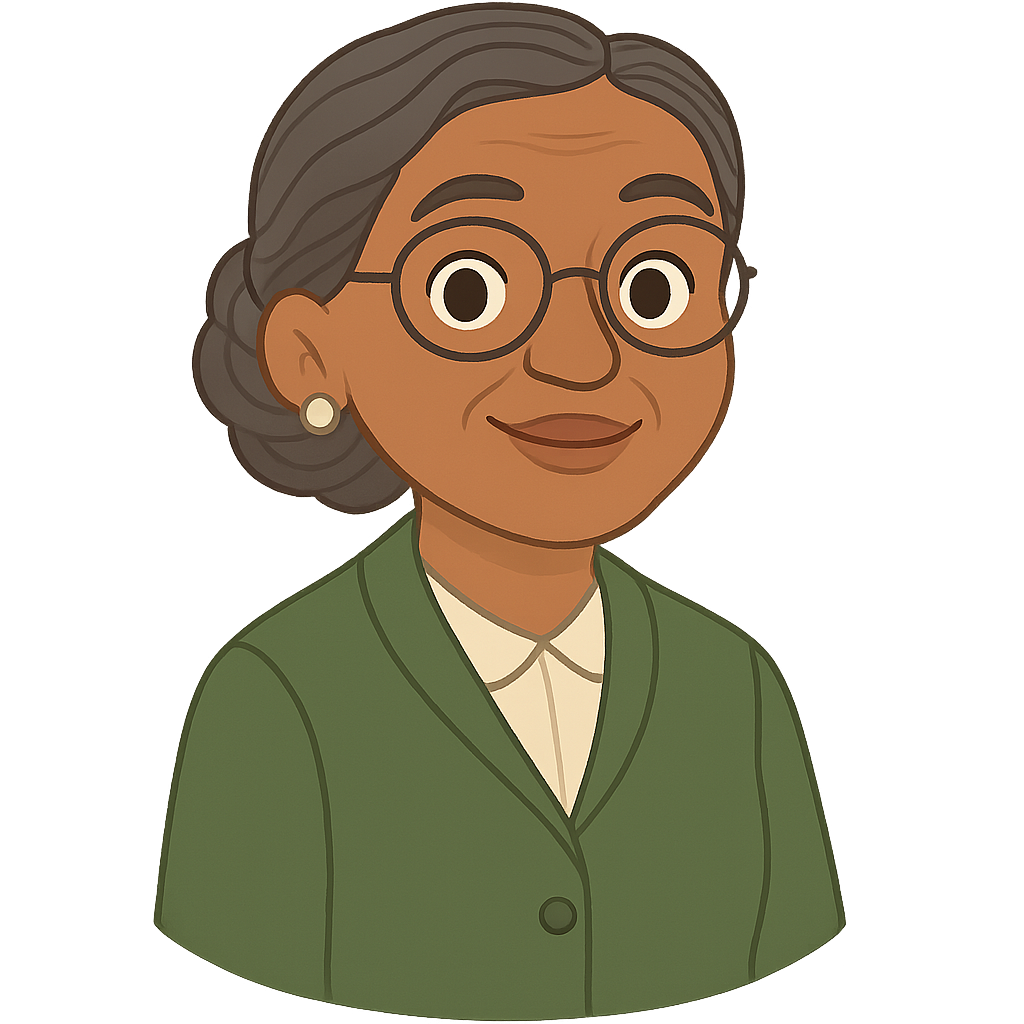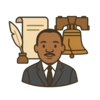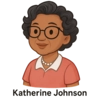Rosa Parks: The Courage to Sit Down
My name is Rosa Parks, and you might know me as the woman who refused to give up her seat on a bus. But my story started long before that day, in a small town called Tuskegee, Alabama, where I was born on February 4, 1913. I grew up in a world divided by something called segregation, which was a set of unfair rules known as 'Jim Crow' laws. These laws meant that Black people like me had to use separate, and almost always worse, schools, water fountains, and entrances to buildings. It was a heavy shadow to live under, and I felt its injustice from a very young age. My mother, Leona, was a teacher, and she taught me the importance of education and self-respect. We lived with my grandparents in Pine Level, and my grandfather, Sylvester, was a great inspiration to me. He was a proud man who believed in standing up for his rights. I remember nights when he would sit on our front porch with his shotgun, keeping watch because of threats from racist groups. Seeing his quiet determination and his refusal to be intimidated planted a seed of courage in me. He taught me that you should never let anyone make you feel less than you are.
My desire for knowledge was strong, but getting a good education was a constant struggle. The school for Black children was a one-room schoolhouse, open for only five months a year, while the school for white children was a new brick building that stayed open for nine months. Despite the challenges, I loved to learn. As I grew older, I met a kind and intelligent man named Raymond Parks. He was a barber in Montgomery, but he was also a passionate activist working with the National Association for the Advancement of Colored People, or the NAACP. We married in 1932, and Raymond saw the fire in me. At that time, very few African Americans were able to finish high school, and I had been forced to leave to care for my sick grandmother. Raymond encouraged me to go back, and in 1933, I proudly earned my high school diploma. Inspired by him, I joined the NAACP in 1943. I worked as a secretary for our local chapter's leader, E.D. Nixon. My job wasn't just typing letters; I traveled through Alabama, investigating cases of terrible injustice and helping people register to vote, which was made very difficult for Black citizens. This work opened my eyes even wider to the deep-seated prejudice in our society and taught me how to organize and fight for our rights peacefully.
Now, let me tell you about the day that changed everything—December 1, 1955. It was a cold Thursday evening in Montgomery, and I was heading home from my job as a seamstress at a department store. I boarded the bus and took a seat in the first row of the section designated for 'colored' passengers. As the bus filled up, a white man was left standing. The driver, James Blake, looked at me and three other Black passengers in my row and demanded, 'Y'all make it light on yourselves and let me have those seats.' The other three got up, but I did not. It wasn't that my feet were more tired than any other day. The truth is, I was tired of giving in. My spirit was tired of being treated as a second-class citizen. The driver asked if I was going to stand up, and I looked him in the eye and said, 'No.' He told me he would have me arrested, and I replied, 'You may do that.' The police came, and I was arrested. I wasn't scared. I felt a calm determination, knowing that the time had come to make a stand. My arrest was the spark that my community needed. E.D. Nixon and other leaders organized the Montgomery Bus Boycott, a protest where thousands of Black citizens refused to ride the city buses. For 381 days, we walked, carpooled, and stood together. A young pastor, Dr. Martin Luther King Jr., led our movement, and his voice inspired us all. We showed the world that we could challenge injustice with unity and peace.
Our boycott was a success. In late 1956, the U.S. Supreme Court declared that segregation on public buses was unconstitutional. It was a great victory, but my personal journey was far from over. Because of my role in the boycott, both my husband and I lost our jobs. We received constant threats, and it became too dangerous to stay in Montgomery. In 1957, we moved to Detroit, Michigan, to start a new life. But I never stopped working for the cause of equality. In 1965, I began working for Congressman John Conyers, and for over twenty years, I helped people in his office, fighting for fair housing, education, and jobs. I wanted to continue serving my community in any way I could. My life on this earth ended in 2005, but I hope my story continues. I want you to know that I was not a special person with supernatural bravery. I was an ordinary person who believed that change was necessary and possible. My story shows that a single, quiet act of courage can echo through history. It proves that each and every one of us has the power within us to help make our world a more fair, just, and equal place for everyone.
Activities
Take a Quiz
Test what you learned with a fun quiz!
Get creative with colors!
Print a coloring book page of this topic.















